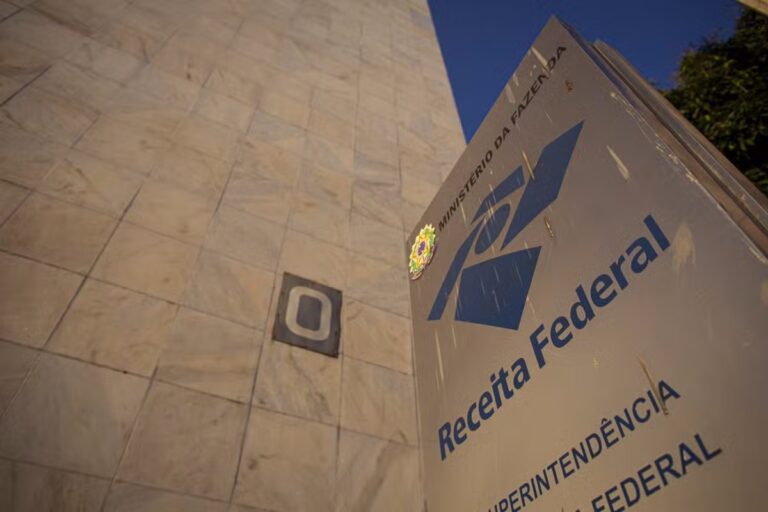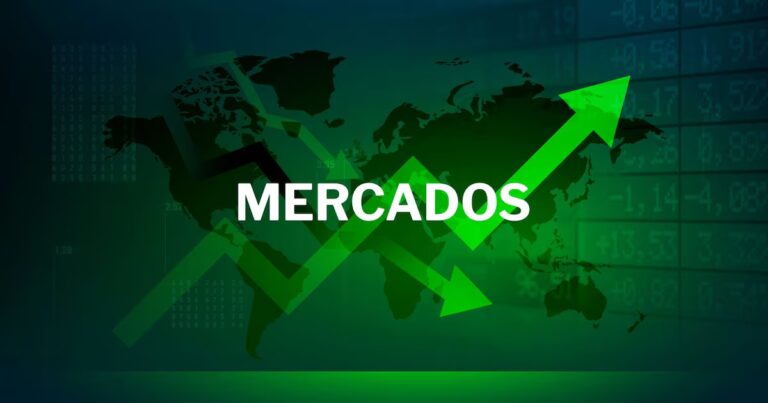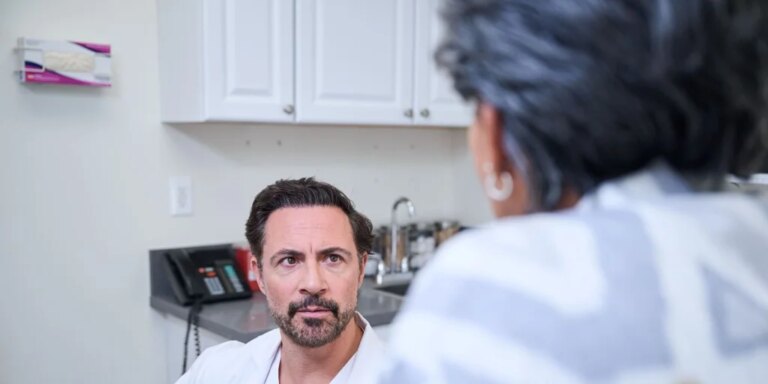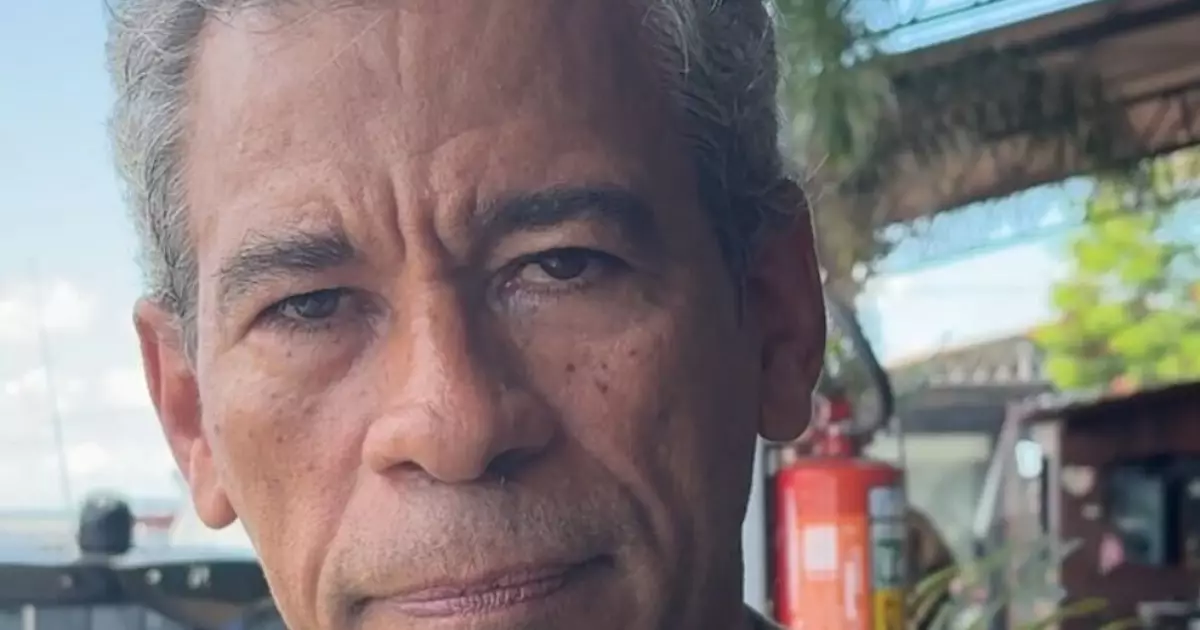
Jonas da Silva took to the streets out of necessity. Unemployed and in need of a livelihood at home, he decided to start collecting recyclables in Belém about 20 years ago. “It was the worst. People looked at us in a discriminatory way and wouldn’t let us touch them. It was as if collectors were addicts and considered trash by society.” A lot has changed since then. “Nowadays, we even have sponsors.” He continued to be active in the region, changed direction after receiving advice from President Lula, and now his cooperative is one of the cooperatives selected to work at COP30.
Jonas started alone, but along the way he met a group of collectors who later founded Concaves and legitimized the activities of those involved. Currently, 35 people are participating. One of them, for example, is Maria Iracema, a 63-year-old street person who started collecting recyclable materials to avoid hunger and was one of the first to become part of Jonas’ group.
Each member receives about the minimum wage, but the amount varies from month to month depending on the items the cooperative can cover and the number of projects it participates in, and this sum is divided among the members.
At first it was a question of survival. Jonas didn’t think much about the environmental issues surrounding his work. As he says, it was a meeting with President Lula that changed his direction in the region. It all happened in 2010, when Jonas was selected to participate in the International Collector’s Conference held in São Paulo during the PT member’s second presidential term, and I was able to have a conversation with him.
“Then the President said, “Jonas, go back to your studies.” Then I said, “But, Mr. President, I’m not old enough.” And he said, “You’re never too old. Look at me here, Mr. President. Who would have thought that a metalworker would become president?” So I actually followed his advice. 1 A year later, I started attending university and graduated with a major in environmental management,” he recalls.
Jonas speaks with gratitude about the creation of the National Solid Waste Policy (PNRS) for collectors. It is a fundamental part of Brazil’s recycling mechanism, as it is a necessary front line for waste management in cities, and at the same time has a historical characteristic of providing an opportunity for a new beginning in life. “They saved a people who had been forgotten by the world,” he emphasizes.
Currently, Jonas is one of the coordinators of Concaves, whose president is Deborah Baier. The company is committed to environmental education, selective collection, separation, and proper disposal of solid waste. Currently, a new division focusing on compostables to process organic waste from cities will also be launched.
Award at COP30
Concaves is one of the four cooperatives that are part of the Coleta Mais program by Itaipu Parquetec and will provide services to COP30 in collaboration with the City of Belem and the Federal Government. Ten people from each cooperative will be assigned to work in the Parque da Cidade, carrying out the entire process, from collection at collection points scattered throughout Zona Azul and Zona Verde, to sorting and dispatching the products for sale. This activity will be extended to other parts of the conference and parallel events will be held.
In just two days of the climate summit held on Thursday the 6th and Friday the 7th ahead of the COP in the Blue Zones, Concaves has already collected an average of 1.5 tonnes of recyclables, it said in the report. All these materials are sent to the cooperative’s warehouse. Five tons are expected to be collected by the end of the COP.
For Jonas, it’s great to see the group’s hard work over the years, under sun and rain, being recognized. “As a mayor, it’s very important to recognize collectors as environmental stewards looking after the city. Who has an interest in collecting materials, generating income, putting it back into the cycle and stopping pollution in our rivers, cities and landfills,” he said in the report.
The Collector believes that COP30 in Belém is another milestone that will change the lives of workers in the region. “It brings other opportunities and opens doors for everyone.”
However, as they point out, visibility actually comes more from external projects than from Belem City management. “Public managers in municipalities need to do this too, hiring cooperatives instead of big companies that don’t provide the same services as us and don’t have the same quality,” the Collector criticizes.
The earth Please contact Belém City Hall for their views on this issue and clarification on how recyclable collection works in the city. The space will remain open and will be updated if it comes back.
extended work
In this first week of COP30, Concaves will also receive BotoH₂, a small vessel powered entirely by clean energy, combining green hydrogen and solar energy in its propulsion system. It took about 10 years to develop by Itaipu Parquetech with funding from Itaipu Binacional.
The equipment will be used by the cooperative to conduct selective collection on Kombu Island, about a 10-minute boat ride from Belém. earthwho visited the region while covering COP30, spoke with residents along the river about the impact of drinking water shortages and what has changed due to the climate crisis and predatory tourism on the island. Against this background, there is an urgent need to expand garbage collection there.
The boat will be on display at Pier Porto Futuro, part of the COP30 cultural circuit, and is expected to be put into effective use after the conference ends on the 21st.
*Reporter Beatriz Araujo visited Belém with support from ClimaInfo.


-urrutgdghobn.jpg)
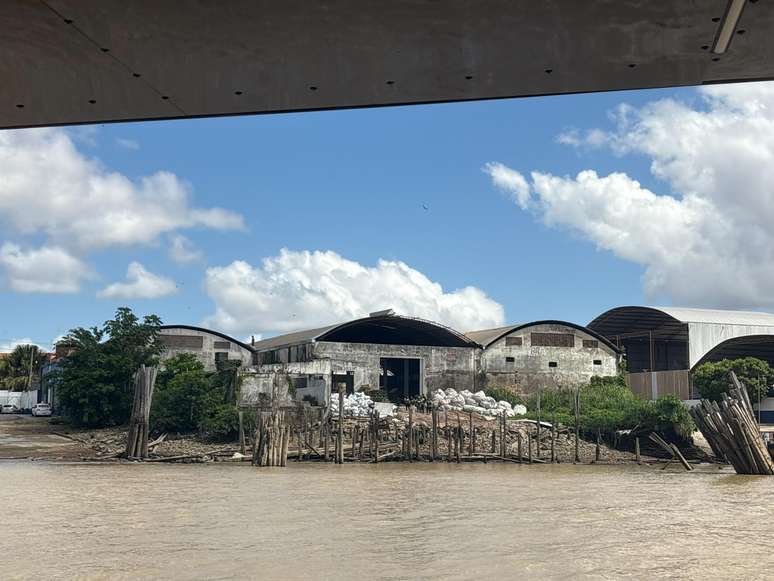
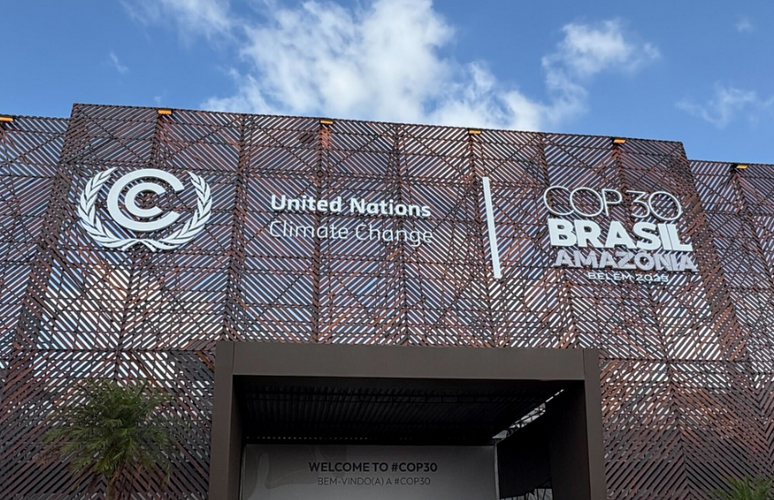
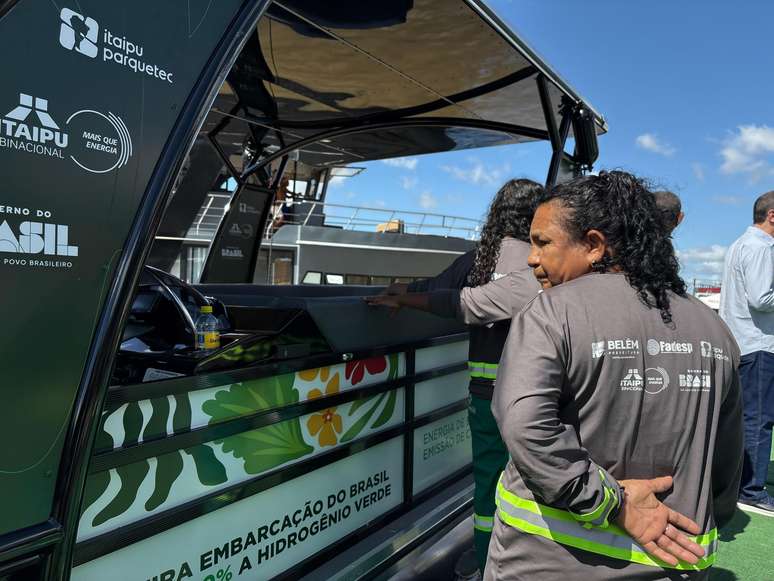
-to7c8xwp2p2d.jpg)
-1hux6w92lzlte.jpg)
